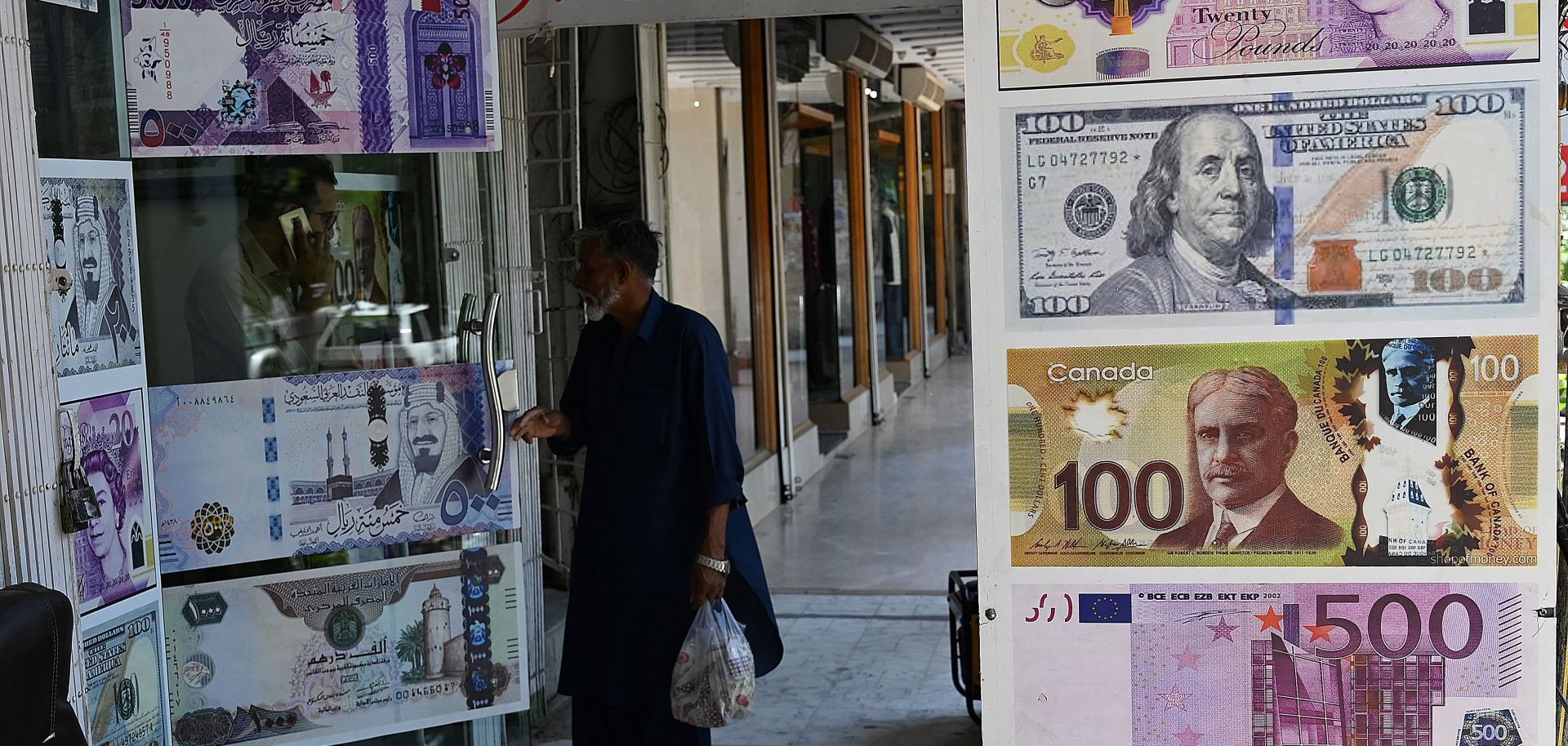Poor economic conditions have challenged several South Asian countries in recent years, with a number securing International Monetary Fund bailouts (IMF) in 2023. Pakistan, in particular, has experienced multiple crises that worsened its inflation outlook, including acute political instability, worsening militancy, dire economic conditions and a near-term threat of default. Pakistan's annual inflation rate rose for several months and set national records of 36.5% in April and 37.97% in May before easing to 29.4% in June. Meanwhile, Bangladesh's inflation rate has remained at around 10% over the past several months, sustained by the government's poor fiscal policy decisions. In addition, the country's low foreign exchange reserves have in recent months challenged the government's ability to pay for fuel and contributed to frequent power cuts. On the other hand, Sri Lanka's inflation rate has dropped, due in part to the government's implementation of IMF-mandated reforms. Despite headline inflation of 35.3% in April, the country's Central Bank is now targeting single-digit inflation by September, which is even lower than IMF targets of 15.2% for the year. Nevertheless, countries across the continent will struggle to commit to IMF reforms, especially as elections approach in Pakistan and Bangladesh, which will likely prolong economic risks.




